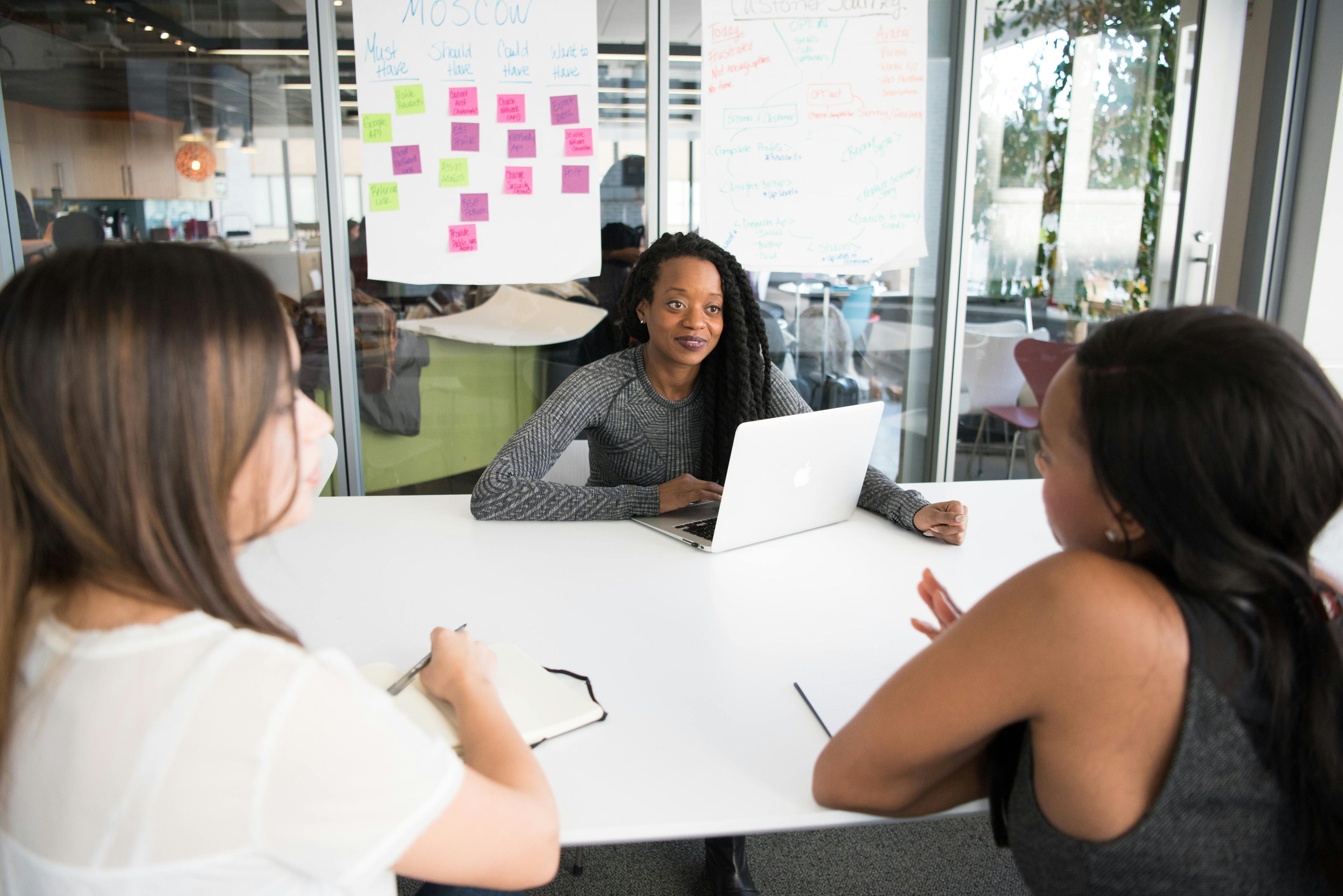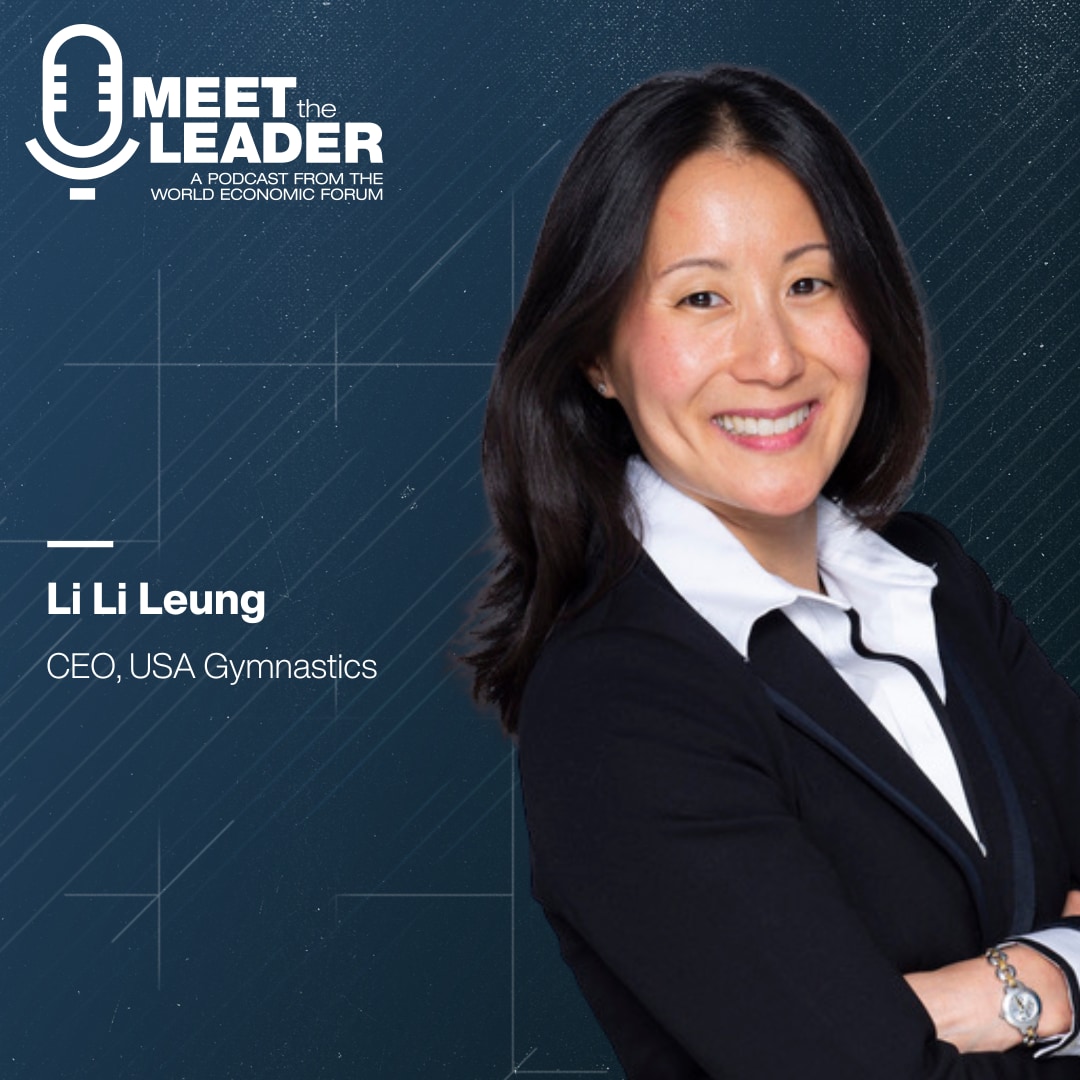Scoring for the environment: what Mathieu Flamini’s top-flight football career taught him about leadership

REUTERS
Image: REUTERS
Stay up to date:
leadership
Footballer Mathieu Flamini has played in the top leagues in England (Arsenal), Italy (AC Milan) and Spain (his current club, Getafe). The midfielder started out at Olympique de Marseille and also played for the French national team. Alongside his sporting career, his passion for the environment, and business acumen, have led him to become an eco-entrepreneur.
In 2008, Flamini launched GFBiochemicals, a company that produces eco-friendly solvents, and helped set up the first degree in ‘Bio-Economy’ in Italy. His most recent business venture, Unity, is an eco-friendly skincare brand launched with his friend, the German football star Mesut Ozil.

I spoke to him in Ilulissat, Greenland, where he joined 20 other Young Global Leaders on an expedition to experience some of the most dramatic impacts of climate change first hand.
What inspired you to start an eco-friendly company?
Nature has always been part of my everyday life. I grew up in Marseille, France, where the sea plays a big role in people’s lives. A big part of my family lives on the island of Corsica where I spent most of my holidays. My best childhood memories are all from these times, by the sea and next to our beautiful rivers where you can swim and refresh yourself during the summer. Traditions are very important for me, and nature is part of my heritage. This is why I feel such a strong connection to nature – and why I feel the need to stand up for it.
Why did you think it was so important to help create a degree in Bio-Economy?
Education is extremely important because it sets you free: free to make the right choices and decide what is best for you. Bio-Economy spoke to me because it is an unknown for most people and we need more teenagers deciding to pursue these studies and this journey. The chemicals industry has a huge impact on our lives and is crucial to bring solutions to problems such as plastic waste and the presence of harmful substances in our personal care/beauty products. Bio-Economy is an answer to some of these problems.
Was there anything specific from your football career that has helped you in your business career?
A football career is made of ups and downs. The hardest part is not to make it to the top but to stay at the top, and this wouldn’t be possible without hard work and dedication. Playing any sport at that level requires total commitment: not only physically but also mentally.
Performance plays a big role in any athlete’s life. If you consider that we train every single day to improve ourselves and become better players. You have to learn to perform under a lot of pressure – this is the key to survive in such a competitive environment. I think you can apply all this to any business or any entrepreneurial journey and experience.
Accept our marketing cookies to access this content.
These cookies are currently disabled in your browser.
Pictured above: Mathieu Flamini playing with local Inuit children in Ilulissat, Greenland.
What are three key qualities or lessons from football that everyone can learn from?
The three top qualities that I would take away from football are: dedication, hard work and learning how to work in a team. Football players start playing when they are very young, at around 17 years old – and from this young age onwards, they have a lot of responsibilities. You mature and gain experience very quickly and that’s something you carry with you forever in your football life and after. As you become an older player and gain some experience, all you want to do is share these lessons with the younger generation. I have really enjoyed giving back by trying to inspire kids and help develop new talents. The role of leadership evolves during your career, but it remains omnipresent.
Do you think your footballing fame has helped or hindered you as you stand up for the environment?
I believe we are all part of various communities. And it happens that mine is a big one: football has no borders, no religion and is a universal language. Sports in general bring people together. So, because my community includes a lot of people of different ages, different social categories and from different parts of the world, I have a platform which is very helpful to communicate the problems surrounding climate change: I can help create awareness. I also believe it is important to empower people because everyone is part of the solution and everyone can have a positive impact in their own community, big or small.
Accept our marketing cookies to access this content.
These cookies are currently disabled in your browser.
What social responsibilities do footballers have?
It’s interesting you mention social responsibilities because yes, athletes have a big role to play here. If you consider that a huge number of people have lost faith and trust in our institutions, governments, and big corporations, I believe sports and athletes can bring these people together. Because sports in general, and football in particular, are so popular and are followed by hundreds of millions of people (if not billions), athletes have a huge social responsibility. In my opinion, athletes should embrace that responsibility and stand up for real causes to inspire others.

You can read more about the effects of climate change here.
Don't miss any update on this topic
Create a free account and access your personalized content collection with our latest publications and analyses.
License and Republishing
World Economic Forum articles may be republished in accordance with the Creative Commons Attribution-NonCommercial-NoDerivatives 4.0 International Public License, and in accordance with our Terms of Use.
The views expressed in this article are those of the author alone and not the World Economic Forum.
Related topics:
Forum Stories newsletter
Bringing you weekly curated insights and analysis on the global issues that matter.
More on LeadershipSee all
John Letzing
August 27, 2025
Antara Choudhury and Vivin Rajasekharan Nair
August 14, 2025
Jan Oliver Schwarz and Katharina Kleine
August 12, 2025
Ida Jeng Christensen and Raju Narisetti
August 5, 2025
Martin Adams
July 30, 2025





